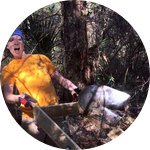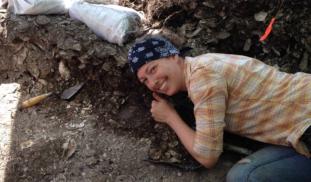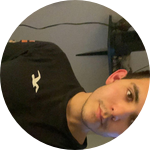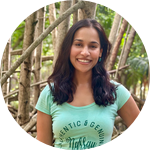Thank You!
I'd like to start by thanking everyone who donated. I really, truly appreciate each one of you. I am especially thankful to those of you who I don't know; I am humbled by the kindness of strangers. It's been interesting to see which of my friends, acquaintances, and colleagues backed this somewhat novel endeavor.
I'm not the only one who finds it intriguing either. I had a digital archaeologist reach out to find out about the process. We think crowd sourcing and social media outreach are the waves of the future. I'm thrilled to be one of the front runners and I'm grateful you all have joined me.
I have received some negative feedback. A few people seem to think that research that doesn't receive traditional grant funding should be paid for out of pocket by researchers. However, research is a job and as with most jobs, the costs for equipment and labor aren't paid for by the laborer.
Think of it this way, does someone researching medical cures pay the millions of dollars necessary to run a new drug trial out of their own pocket? No. It's both impossible and unexpected. Do office workers buy their own copy paper and toner cartridges? No.
Social sciences and humanities often receive budget cuts before other sectors. I think this is because their value is underestimated. Disciplines that bring monetary gain (rather than knowledge, community cohesion, empathy and understanding for the cultures and lifeways of minority and marginalized groups, and other intangible gains) seem to be better supported. In a university setting for example, sports and STEM fields are forerunners. Their budgets are seemingly less often cut when compared to the "softer" sciences.
So, I'm left wondering why social scientists are expected to fund our own work. It's food for thought and I'd appreciate feedback on the issue. It's certainly going to be rolling around in my mind for some time.
I am thrilled that I was able to reach my goal. It really has restored my faith in humanity and reminded me why it is that we social scientists do what we do. People are interesting and complex creatures for sure.
I'm excited about the upcoming fieldwork and am looking forward to sharing my findings with you all. Keep your eyes out for posts and updates here. Feel free to share with anyone and everyone so we can spread the word on what archaeology is, how it works, and why we do it.
-Brandy










3 comments